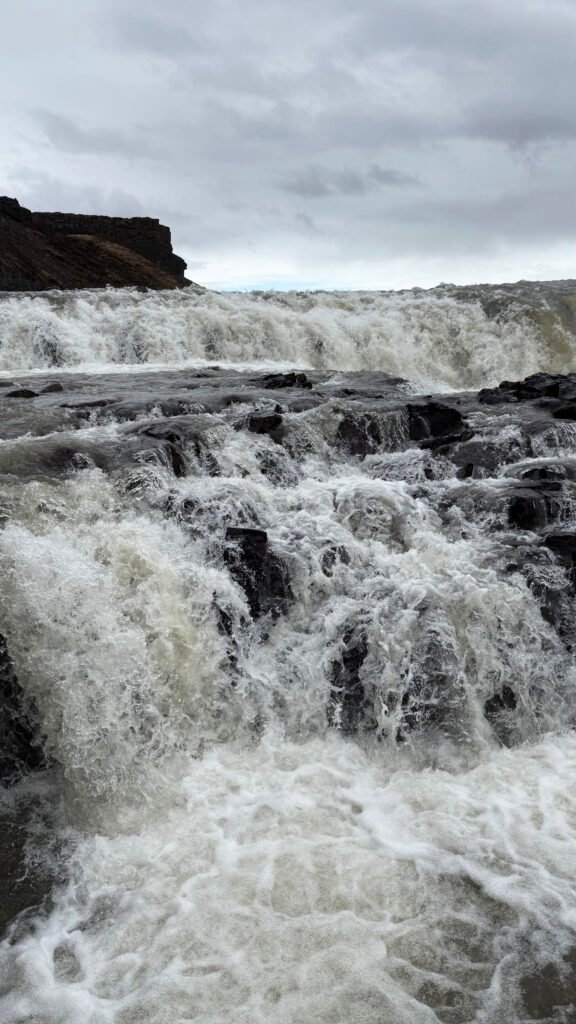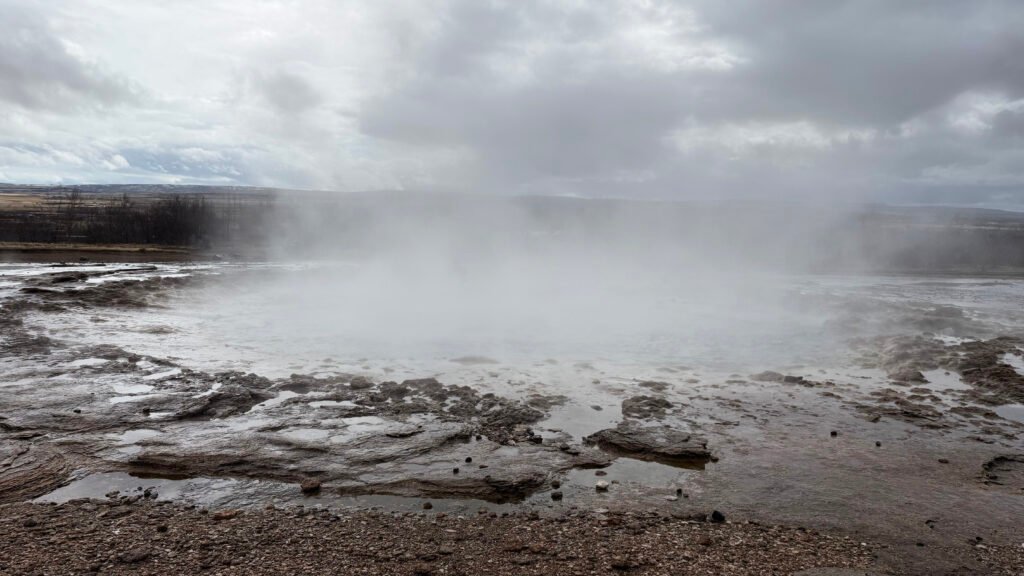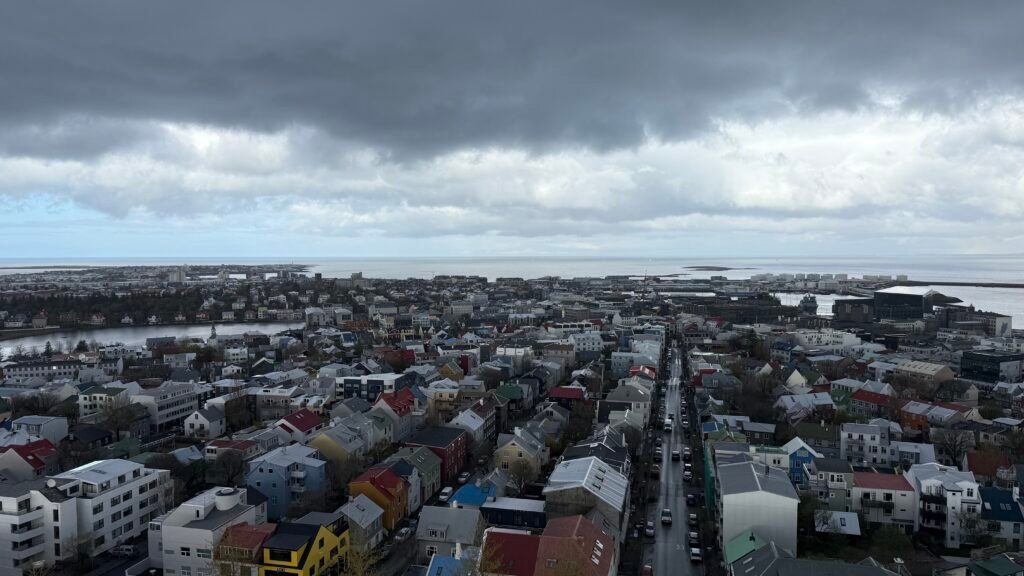Fascinating Facts About Iceland!
Iceland, a Nordic island nation in the North Atlantic, is a land of stunning landscapes, unique culture, and intriguing history. Known for its volcanoes, glaciers, and geothermal wonders, Iceland is a destination that captivates travelers and curious minds alike. Here are some fascinating facts about Iceland that highlight its charm and distinctiveness.

1. A Land of Fire and Ice
Iceland is often called the “Land of Fire and Ice” due to its dramatic geological features. The country sits on the Mid-Atlantic Ridge, where the Eurasian and North American tectonic plates diverge, making it one of the most geologically active places on Earth. This results in over 130 volcanic mountains, with around 30 active volcanic systems. Iconic volcanoes like Eyjafjallajökull, which disrupted air travel in 2010, showcase Iceland’s fiery side. Meanwhile, glaciers cover about 11% of the country, including Vatnajökull, Europe’s largest glacier.
2. Geothermal Energy Powerhouse
Iceland is a global leader in renewable energy, with nearly 100% of its electricity and heating derived from geothermal and hydroelectric sources. The country’s abundant hot springs and geysers, like the famous Geysir (which gave the word “geyser” to the English language), provide natural heat that powers homes and even warms greenhouses for year-round agriculture. Visitors can relax in geothermal pools like the Blue Lagoon, a man-made spa heated by volcanic activity.

3. Iceland: A Small but Mighty Population
With a population of just over 387,000 (as of 2025), Iceland is one of the least densely populated countries in the world. About two-thirds of Icelanders live in the capital region, centered around Reykjavík, the northernmost capital of a sovereign state. Despite its small size, Iceland has a vibrant cultural scene, producing world-renowned musicians like Björk and authors like Nobel laureate Halldór Laxness.

4. The Land of the Midnight Sun
Iceland’s location near the Arctic Circle means it experiences extreme daylight variations. In summer, the sun barely sets, creating the “Midnight Sun,” where daylight lasts up to 24 hours. Conversely, in winter, the country sees only 4–5 hours of daylight, but this makes it a prime spot for viewing the Northern Lights (Aurora Borealis), a breathtaking natural phenomenon.
5. A Unique Language Preserved
Icelandic, the country’s official language, is remarkably close to Old Norse, the language spoken by the Vikings over a thousand years ago. Icelanders take pride in preserving their linguistic heritage, and modern Icelandic remains largely unchanged from its ancient roots. This allows Icelanders to read medieval sagas, like those written in the 13th century, with relative ease.
6. No Standing Army, Just Peace
Iceland is one of the few countries in the world with no standing military. Instead, it relies on a small coast guard and international agreements, such as NATO membership, for defense. The country consistently ranks as one of the most peaceful nations globally, according to the Global Peace Index, making it a safe haven for residents and visitors.
7. A Hub for Elves and Folklore
Icelandic culture is steeped in folklore, and many Icelanders believe in the existence of “huldufólk” (hidden people) or elves. These mythical beings are thought to inhabit rocks and hills, and some construction projects have even been altered to avoid disturbing their homes. This belief reflects Iceland’s deep connection to its natural environment and storytelling traditions.
8. An Island of Firsts
Iceland is a pioneer in many areas. It was home to the world’s first democratically elected female president, Vigdís Finnbogadóttir, who served from 1980 to 1996. The country also established the world’s oldest functioning parliament, the Alþingi, founded in 930 AD at Þingvellir, a UNESCO World Heritage Site. Additionally, Iceland is a leader in gender equality, consistently ranking at the top of global indices.
9. No Mosquitoes, but Plenty of Puffins
Unlike many countries, Iceland is free of mosquitoes, thanks to its cold climate and lack of standing water suitable for their breeding. However, the island is home to unique wildlife, including the adorable Atlantic puffin. About 60% of the world’s puffin population breeds in Iceland, particularly on the Westman Islands, where visitors can observe these colorful birds during the summer months.
10. A Cinematic Landscape
Iceland’s otherworldly scenery has made it a favorite filming location for movies and TV shows. From the lava fields of “Star Wars” to the icy plains of “Game of Thrones,” Iceland’s landscapes have starred in blockbusters and series alike. Tourists flock to sites like the Black Sand Beach of Reynisfjara and the Skógafoss waterfall to experience these cinematic vistas in person.
Conclusion
Iceland is a land of contrasts: fire and ice, tradition and innovation, isolation and global influence. Whether you’re drawn to its natural wonders, rich history, or quirky cultural quirks, Iceland offers a unique glimpse into a world unlike any other. Plan a visit or dive into its sagas to discover why this small island nation leaves a big impression.